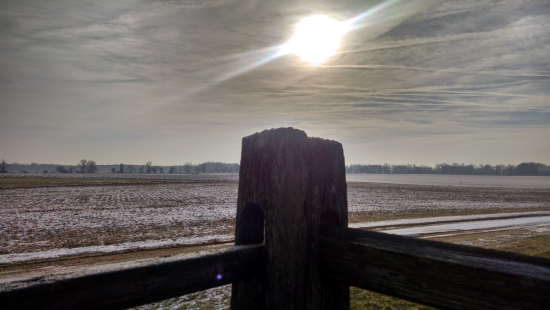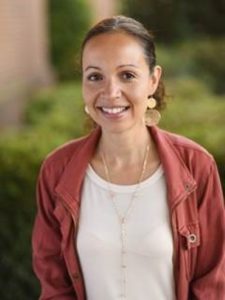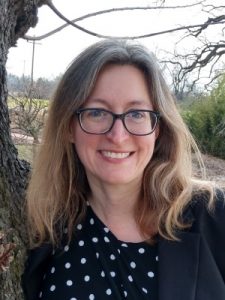Changing the view of history
-How the work of the division’s Race and Equity Committee informs the practice of history-
By Vertie Lee, Delaware Division of Historical and Cultural Affairs’ curator of education
In June 2020, the Division of Historical and Cultural Affairs released a race and equity statement underscoring the agency’s core beliefs regarding inclusive history, elimination of racial injustice and how to discuss Delaware’s troubling past. To put the statement into effect, a Race and Equity Committee was created to evaluate and construct best practices for the agency. A subsequent email from division director Tim Slavin seeking volunteers for the committee drew more than 30 staff members representing a broad cross-section of the division’s teams from business services to historic sites. The committee was tasked with how to affect change within the division. How do we impact our communities with the stories we collect and tell, the businesses we use, the people we hire? How can we do this better?

The committee’s first meeting took place at the end of September 2020 with a workshop conducted by the Delaware Division of Human Relations. As discussions of racism, oppression or exclusionary history can be difficult to hear, the workshop developed working guidelines on how to discuss uncomfortable topics within the workplace and how to maintain respect and decorum during these discussions.
The committee began to meet monthly on the third Friday of the month with a new topic, readings and discussion for each session. Non-members with an interest in the topic were also encouraged to participate. Between meetings, committee members frequently shared resources, webinars, books and lectures on relevant topics via email. By sharing these resources, we expanded our perspectives in the areas of diversity, equity, accessibility and inclusion. In November 2020, the committee hosted a Zoom lecture by doctoral candidate Miles Stanley on the lives of the enslaved people of Kent County. The lecture was open to all members of the division staff.
Since January 2021, topics explored at the committee’s monthly meetings have included African Americans in medicine, internment camps, Native Americans past and present, and the appropriateness of hosting weddings or special events at places of enslavement. Discussions on these topics have opened the committee to new perspectives and ideas. In turn, they helped inform how we practice history as an agency. When we discuss history, are we telling the complete story? Have we broadened the narrative? Are we excluding anyone? Is there a perspective that we have not considered? What are our collecting practices and where can they be strengthened?
In the early summer of 2021, three new inclusive history researchers were hired to help contribute to a broader research knowledge base with regard to history, collections and preservation.
In July 2021, Amy Golden-Shepherd joined the division as a consultant helping to guide staff in focusing on including more diverse communities and inclusive topics in Delaware history, increasing diversity in division staffing, and engaging with partners and community groups in order to advance the goals stated in the division’s race and equity statement. She has been a powerful ally to the Race and Equity Committee by hosting discussions on racism, micro-aggressions and delving into what creates a person’s cultural identity.
Cultural institutions are seen as trusted entities for information, and committee members recognize that in order to engender public trust, the division needs to make sure that it courageously tells the unvarnished truth about uncomfortable aspects of Delaware history. By participating on the committee, we dedicate our work to holding the division accountable for the actions needed to appropriately fulfill that role.
As the Division of Historical and Cultural Affairs’ curator of education, Vertie Lee plays a leadership role in the development of the agency’s interpretive plan, and ensures that program research, development and evaluation are conducted according to nationally accepted best practices and standards. She has worked full-time for the division since 2004 previously serving as acting site manager for the Buena Vista conference/event center, and as lead historic-site interpreter at the John Dickinson Plantation.




